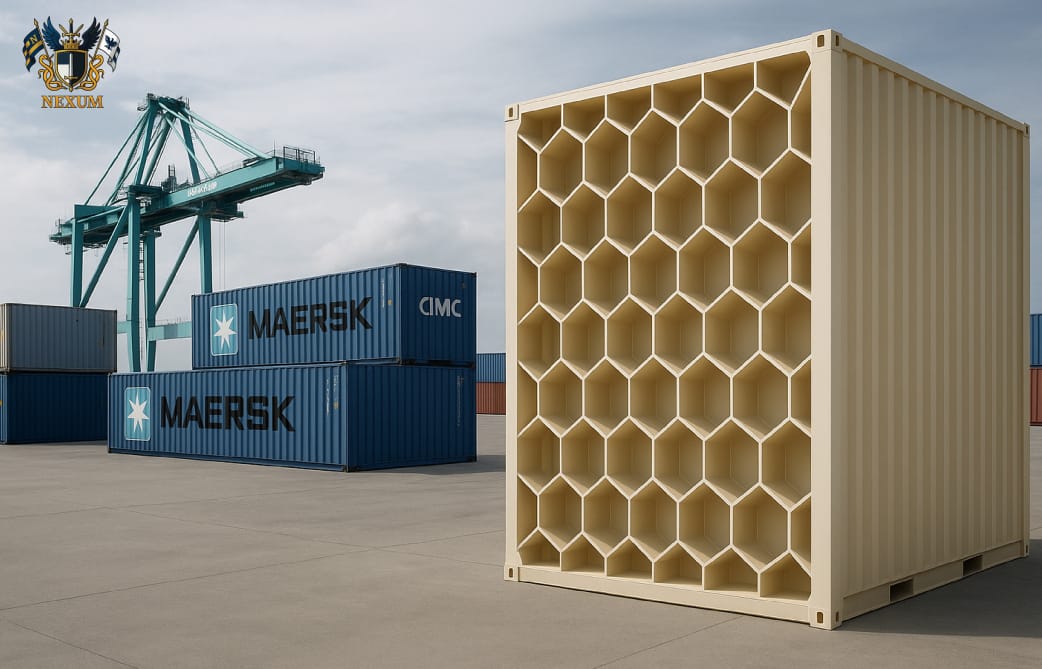In today’s fast-paced construction industry, managing projects efficiently is crucial for timely completion, cost control, and overall quality. Construction project management plays a vital role in coordinating every aspect of a build — from initial planning to final delivery.
Understanding the key steps involved can help project managers, contractors, and stakeholders ensure a smooth and successful construction process.
1. Detailed Project Planning
Every successful project starts with a clear and detailed plan. Effective construction project management begins by defining project goals, scope, budget, and timeline. During this stage, project managers create a roadmap that includes scheduling tasks, allocating resources, and identifying potential risks and dependencies.
Proper planning sets the foundation for efficient execution, smooth coordination between teams, and helps avoid costly mistakes later on.
2. Efficient Resource Management
Managing resources effectively is essential for keeping a project on track. This includes labor, materials, and equipment — all of which must be coordinated to ensure smooth operations on-site. A strong construction project management strategy focuses on optimizing the use of resources while minimizing waste.
By forecasting needs and maintaining consistent communication with suppliers and subcontractors, project managers can prevent delays and ensure the best use of available assets.
3. Effective Communication and Collaboration
Communication is one of the most critical factors in construction project management. With multiple teams, vendors, and stakeholders involved, clear communication channels help maintain transparency and efficiency.
Regular meetings, progress reports, and updated documentation allow everyone to stay informed and aligned with project goals. Digital project management tools also enhance collaboration, making it easier to share updates, track milestones, and resolve issues quickly.
4. Risk Management and Quality Control
Every construction project involves certain risks — such as weather delays, material shortages, or unexpected design changes. Successful construction project management requires identifying these risks early and developing strategies to mitigate them. In addition, maintaining high-quality standards throughout the project is vital.
Regular inspections, adherence to safety protocols, and compliance with regulations ensure the finished structure meets or exceeds expectations. Risk management and quality control work hand in hand to deliver a reliable and durable final product.
5. Monitoring Progress and Adapting to Change
Construction projects rarely go exactly as planned, which is why ongoing monitoring is crucial. Project managers must track progress against schedules, budgets, and performance metrics. When issues arise, flexibility and quick decision-making are key to keeping the project moving forward.
Modern project management software provides real-time data that helps managers make informed adjustments, ensuring deadlines are met without compromising quality or safety.
Final Thoughts
Mastering construction project management requires a combination of careful planning, effective communication, and strong leadership. By following these key steps from resource allocation to risk management — project managers can ensure every phase of construction runs efficiently.
Whether you’re overseeing a small renovation or a large-scale commercial build, implementing these strategies helps deliver projects on time, within budget, and to the highest standards. In a competitive industry, mastering construction project management is not just a skill — it is the foundation of long-term success.










